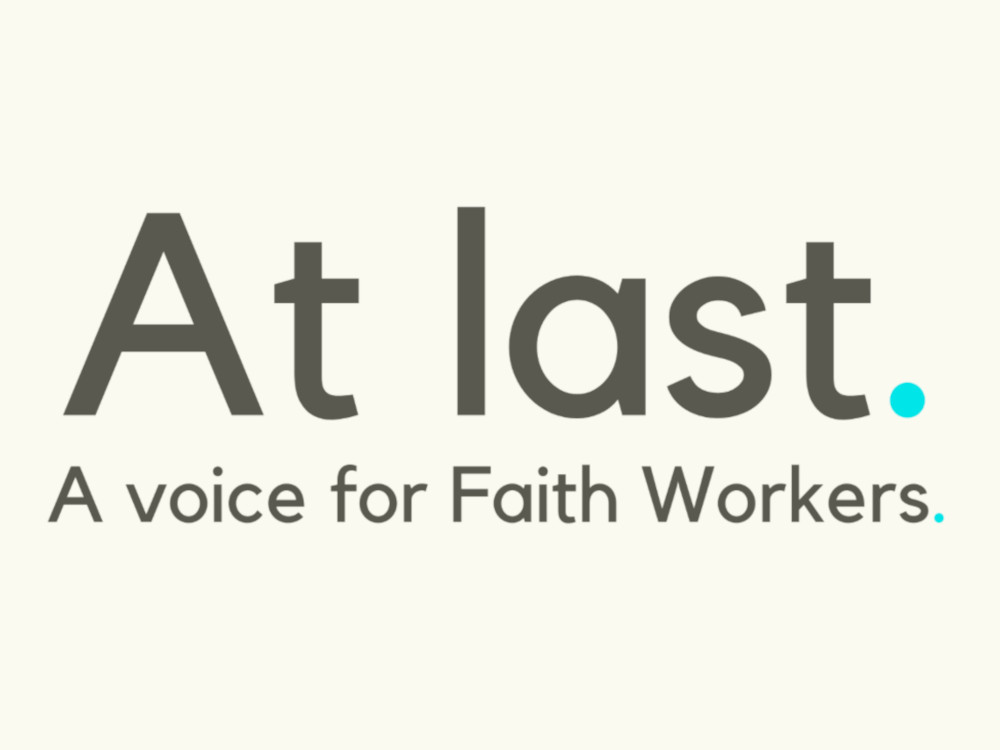When the Fair Work Commission turned down an unfair dismissal claim brought by evangelical minister Hedley Fihaki against the Uniting Church in Australia’s (UCA) Queensland Synod (region), it ruled that UCA ministers are not employees.
“There were previous court cases used by the Anglican and Catholic churches which supported their position that faith workers are not employees,” Chris Bedding, the Executive Officer of the Faith Workers Alliance, wrote to his members. “Now, the Uniting Church in Australia can also point to a case to support the same position – though it is unclear which Councils of the Church (if any) have endorsed this position.”
Pointing out that the faith workers Alliance did not have a role in the case, Bedding adds “this decision is not binding on all faith workers for all time! Sometimes the Fair Work Commission and other higher courts have made a different decision about the employment status of faith workers. The recent decision was only about that particular case. We don’t see this as a binding precedent.”
Bedding points to the Ermogenous case which was the subject of an appeal to the High Court. the majority judges ruled Archbishop Spyridon Ermogenous could make a claim for annual leave – that at least some aspects of his appointment as archbishop could be regarded as setting up a legal contract. But it is notable that his case was brought against a Greek community organisation, reflecting how Orthodox Churches in Australia were set up.
The second case cited by Bedding, McDermid, resulted in an Anglican priest being regarded as an employee for the purposes of the Victorian Accident Compensation Act. McDermid succeeded in his case, not against the church, which is an unincorporated entity unable to be sued (which was a key factor in the Fihaki case,) but against his Bishop.
A useful treatment of how Australian law stands on clergy is at the always useful Law and Religion Australia blog. Professor Neil Foster of Newcastle Uni Law School examines the case of a pastor at a small incorporated local church, Solomon Woldeyohannes v Zion Church in Melbourne Australia Inc.
Foster points out Assistant pastor Woldeyohannes was found to have a legal employment contract. Small churches that hold property – or like the churches joining the “Anglican breakaway” Diocese of the Southern Cross which are required to set themselves up with a company structure – will be bound by employment law.
The outcome of a case involving them will be different from the Fihaki case. Ironically, this includes clergy at Fihaki’s new church, Faith Church Sunshine Coast.
But for ministers of the larger denominations, Bedding alerts Faithworkers Alliance members, the Fihaki decision “exposes the enormous barriers we face to achieving safe and fair workplaces. In cases of bullying, pay disputes or unfair treatment, we are routinely denied the same protection as other Australians.”
Note: In case their ruling about ministers not being employees was overturned, the FWC also ruled that Fihaki’s strong and repeated public disagreement with the Uniting Church’s view on same gender marriage also gave them the right to dismiss him.

